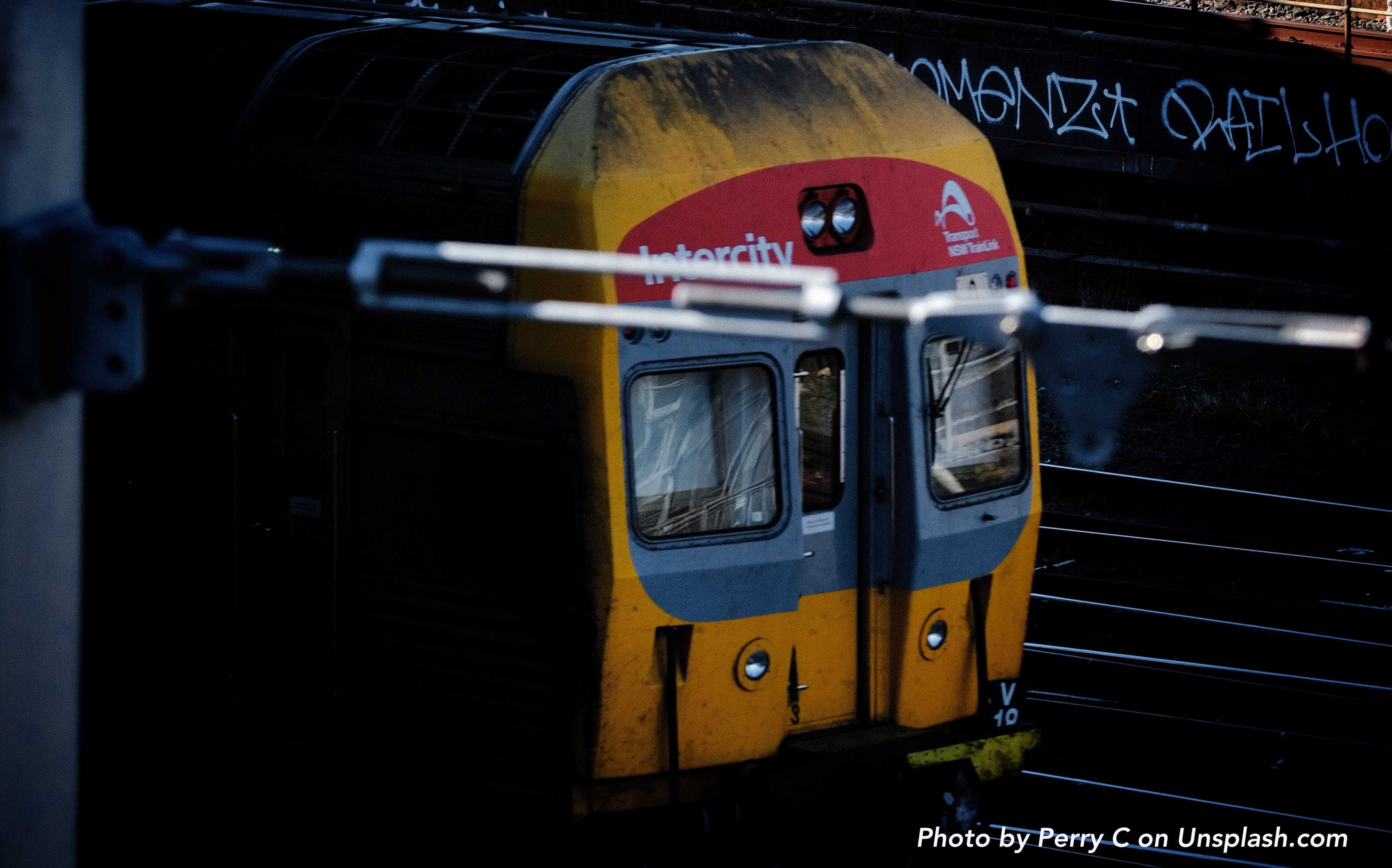Transport for New South Wales (TfNSW) released new fare evasion figures. Reports show that the highest fare evasion rate has been on the Hunter line – at 13.6% over one year, equaling to revenue losses of about $351.000.
TfNSW issued $1.4m in fines on this line from June 2018 to May 2018. In total, 1803 fines and 874 cautions were issued to passengers traveling without a valid ticket, and 164 fines and 230 cautions were issued for misuse of concession.
The Newcastle and Central Coast line has a lower fare evasion rate, at 6.3% over one year. However, this amounts to a higher fare revenue loss of about $4.2m.
On this line, 4.527 fines and 3.642 cautions were issued for fare evasion. 1016 fines and 1.751 cautions were issued for misuse of concession, and 149 fines and 23 cautions for incidents related to behaviour.
Also on Newcastle light-rail, buses and on the Stockton ferry, 74 fines and 155 cautions were issued for fare evasion.
Opal Card integration
The Opal Card system, introduced in 2012, has played a key role in providing valuable data not only for optimising passenger flow but also for tackling fare evasion.
Based on this data TfNSW reported that fare evasion cost local taxpayers $83M in 2018 alone.
Previously, TfNSW has encountered issues with negative balances on Opal Cards. Customers would throw away cards that had negative balances and purchase new ones instead. This resulted in approximately $2.6m loss annually, 90% coming from the Sydney Airport Line.
As a solution, as of January 7, 2019 train commuters must top up their cards before passing through the train access gates at Sydney Airport.
Ongoing effort to discourage fare evasion
Overall, since 2012 fare evasion has been in decline on New South Wales public transport routes. Between 2012 and 2015 fare evasion reduced by 2.1% on rail and by 2% on ferries. Bus data is unavailable for this period as the Opal system was still being implemented at that time.
In 2014, as many as 11.000 fare evaders were fined in a major campaign conducted by NSW Police and ticket inspectors.
Fines for traveling without a valid ticket on TfNSW cost between $200-500.
Fare evasion – a global issue
Fare evasion is a major issue for transit operators, causing losses in billions of dollars yearly.
In 2019, fare infraction losses amounted to €500m in France, $250m in New York’s MTA, and £100m on London’s TfL.
Besides the economic impact, fare evasion can make paying passengers feel unsafe, and lead to acts of incivility in public transport.
Breakthrough technologies using AI Video Analytics provide an alternative solution to tackle fare evasion, by detecting infractions through video streams in real-time.



